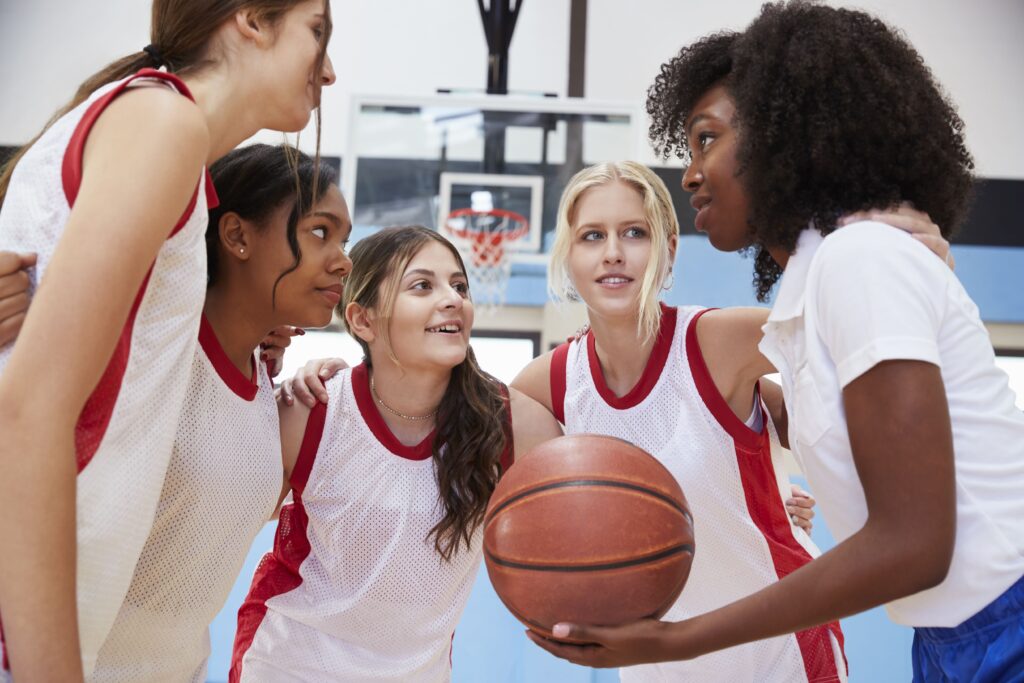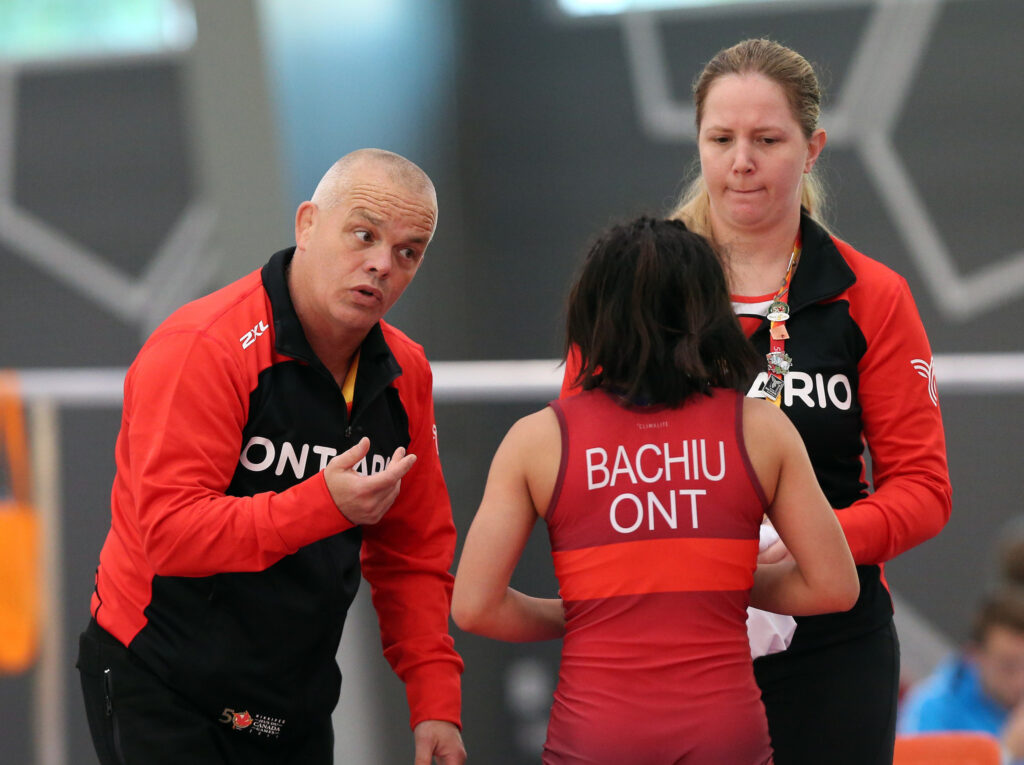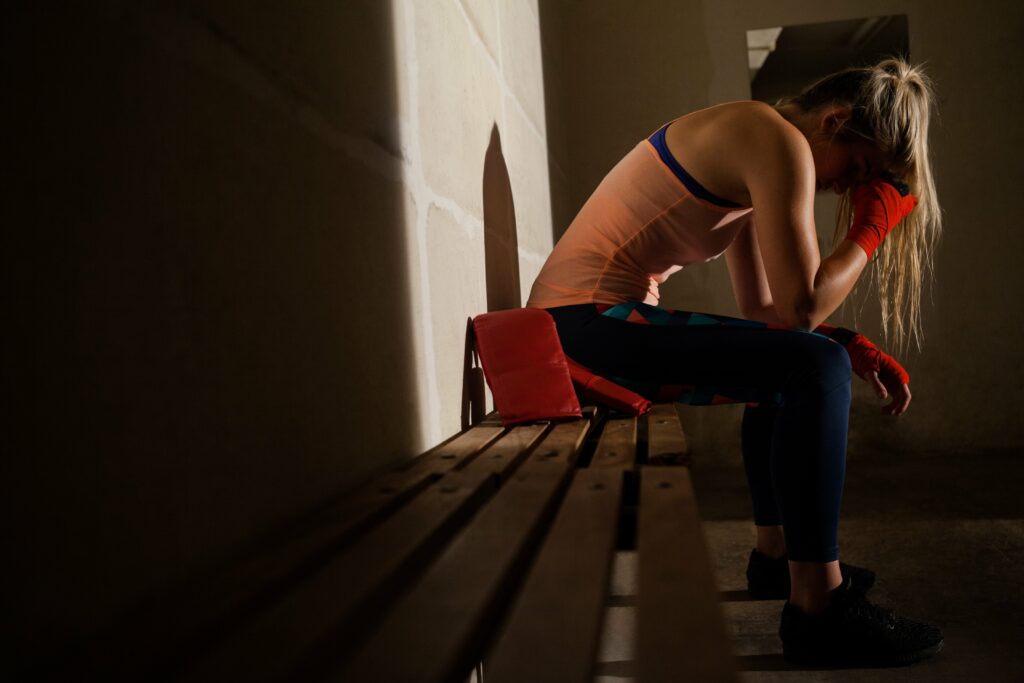Moms in coaching roles
Move over dads, moms make great coaches too! Coaching allows moms to connect with their child outside of home and helps foster self-esteem among child athletes. As coaches, moms can become important examples of women in sport leadership positions and serve as positive role models for their athletes.
Shared athlete leadership
Whether recognized formally or informally, athletes should occupy leadership roles to support a team’s functioning. Like some NHL teams, improving the number and effectiveness of athlete leaders can enhance team motivation, communication, cohesion and performance. Shared leadership among teammates can be an effective way to increase team dynamics and success.
Engaging Black community coaches

This blog post provides a recap of the third webinar in the 4‑part mini-series Engaging Girls and Women in Sport. SIRC and Canadian Women & Sport co-hosted the mini-series, which you can access or learn more about by visiting our SIRC Expert Webinars page. — Black girls and women face significant hurdles as athletes and…
Coaches enhance the Masters sport experience
For Masters athletes, a quality coach provides a range of benefits that distinguish training and competition from fitness or exercise. These include enhanced confidence, learning processes, lifestyle habits, and the creation of an environment that meets their need for affiliation.
When injury strikes
When an athlete sustains an injury, it can impact the entire team. When this happens, coaches can maintain a positive group environment by clearly communicating role adjustments, prioritizing the injured athletes’ well-being, and keeping the injured athlete connected to the team throughout the recovery process.
Training for Effective Mentees: Supporting mentorship experiences for coaches

Sport organizations are increasingly turning to mentorship programs as a powerful way for coaches to learn from their own experience by working with a mentor. To support the development of women in coaching, the Coaching Association of Canada (CAC) has been leading Women in Coaching programs for over 20 years. During this time, the CAC has…
Coaching women in Para sport
A positive coaching environment is especially important for women athletes with disabilities, who are more likely to experience discrimination, exclusion, or harassment than men in Para sport. Interviews with women Paralympic athletes emphasize the importance of having women as coaches and role models and reinforce the need for athlete-centred coaching practices.
Thriving in sport
Thriving is the joint experience of development and success. In sport, thriving is important for athlete well-being. Evidence-based strategies for coaches to facilitate thriving include placing athletes in challenging situations that promote learning, fostering a trusting environment, and encouraging bonds between teammates, coaches and other program staff.
Real-life tech applications
Before implementing a new technology for your sport or physical activity program, consider the burden it might impose on program leaders, participants and support staff. Using technology can often cost time, energy or convenience. For example, using GPS to monitor a soccer team’s training volume could easily take up to 4 hours a day: 1 hour to…
Opportunities for mental health promotion in Canadian university sport

Highlights Evidence suggests that university student-athletes experience poor mental health at higher rates than the general population. To better understand and support mental health in the university sport setting, a research team at the University of Alberta studied how mentally healthy women student-athletes approached their season. The student-athletes in the study took a different approach…